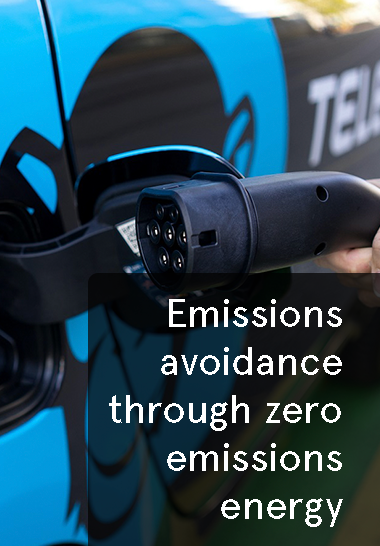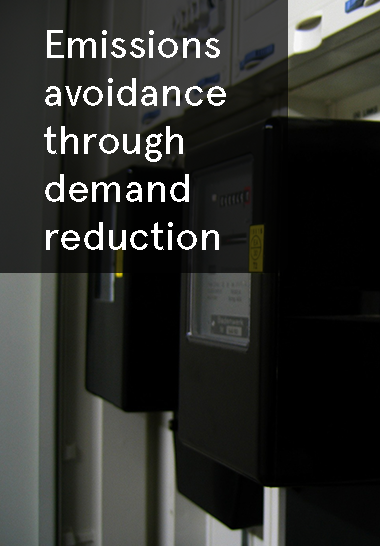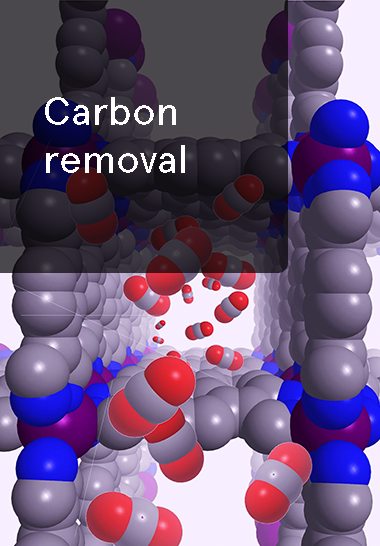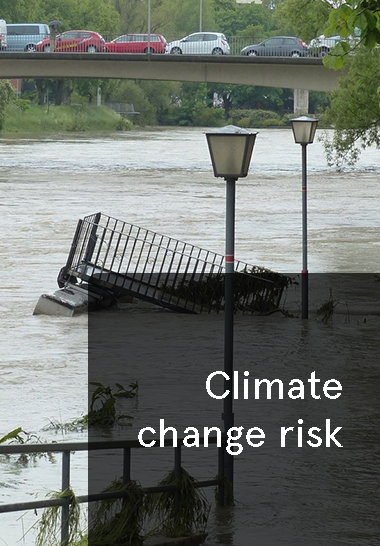Targeted research yielding valuable outcomes
There is an urgent need for the widespread commercialisation and adoption of existing and emerging zero and low-emission technologies. The University of Sydney is recognised as a world leader in this space with decades of excellence in research across energy, waste, circular economy, green materials and low-emissions technology. The Net Zero Initiative builds on this foundation in order to accelerate the path to net zero through innovative partnerships for the benefit of all.
Our research is aimed at solving four key challenges.
The first is the need to reduce greenhouse gas emissions – emission avoidance. This can be realised by low or zero emission fuels. To this end we are developing new, low-cost routes to green hydrogen and other industrial feedstocks derived from green hydrogen or renewable electricity.
The second challenge is the need to reduce demand for traditional fossil fuels. By improving the efficiency of renewable energy generators and networks our researchers are helping them become highly competitive.
Despite achieved and future advances in emissions reduction, there will be some sources of fossil fuels emissions that may prove too difficult to eliminate. Removing carbon from the atmosphere through direct air capture and safe storage could offset future such any emissions sources that cannot be replaced with renewables. As such, Carbon removals is the third challenge our leading-edge we are looking into, using technologies ranging from molecular traps through to microorganisms in soil.
The fourth challenge, climate change risk, relates to the new spectrum of risks in business planning processes. Collaborative research across the University seeks to develop techniques that will enable decision makers to better understand and act upon the key outcomes of climate models.
The NZI is addressing each of these four challenges through our four Enabling Research Themes: Emissions Avoidance through zero emissions energy, Emissions Avoidance through demand reduction, Carbon Removals, and Climate Change Risk. The icons below provide more information about each of these themes. They also provide profiles of the research teams and their projects, and highlight opportunities for collaboration.
The University of Sydney is recognised as a world leader in this space, with decades of excellence in research across energy, waste, circular economy, green materials and low-emissions technology.
Our research has underpinned new industries, companies, and technologies. Our researchers have launched highly successful ASX-listed companies and we have partnered with thousands of organisations and government departments globally. We educate industry leaders, entrepreneurs, and policymakers. We invest in state-of-the art facilities.
But new ways of thinking and collaborating are required in this decade, because of the urgent need for the swift and widespread commercialisation and adoption at scale of existing and emerging zero and low-emission technologies. The Net Zero Initiative is about accelerating the path to net zero through innovative partnerships for the benefit of all. We invite you to work with us.
Some key examples of the advances underway at NZI
- We are helping to create an emissions-free aviation sector by optimising fuel efficiencies, aircraft design, adoption of hydrogen fuel cells and the development of battery and hybrid engines
- With automotive manufacturers, we are developing new fuels and combustion processes to increase fuel efficiency and reduce vehicle emissions
- We are helping the construction industry design net-zero buildings
- We are developing new construction materials – such as green steel and green concrete – that improve longevity while reducing waste and environmental impact.
- Through the creation of digital twins of facilities, we are enabling manufacturing and construction organisations to analyse and adapt designs in real-time, improving efficiency, emissions and costs.
- We are using state-of-the-art sensors, data processing and modelling to create digital twins of wind farms to their performance in changing environmental conditions, extend their lifespan and increase the consistency of energy generation.
- We are working with industry across multiple sectors to develop next-generation batteries with greater storage capacity and a longer lifespan, reducing the environmental impact while enabling battery integration into a wide variety of energy systems.
- We are working with insurance companies to develop policies that will enable the emergence of a robust CO2 removal industry.
- We are working with energy providers to develop geosequestration technology that will enable sustainable capture and safe storage of atmospheric carbon.
- We are working with multiple industry partners to recycle waste plastic into valuable new products throughout the domestic and international supply chains, without the need to retrofit existing manufacturing equipment.
- We are working with the government to create incentives for the uptake of low-emission technologies, products and services.
- We are developing carbon accounting systems that will measure the impact of technology and infrastructure changes on emissions, and which will help navigate the impact of such technologies across industry and society.
- We are developing technology for the sustainable production of ammonia used in hospitals, water treatment plants and in agriculture.
- We are developing nanomaterials to build the next generation of batteries; create stronger, more durable materials; and enable the affordable retrofit of existing gas infrastructure to safely transport hydrogen.
- We are working with young people to understand the impacts of climate anxiety and address the future mental health implications and identify appropriate support structures.
- We are educating the current and future workforce while building strategic leadership capabilities and organisations to tackle this critical global challenge.
Our research





